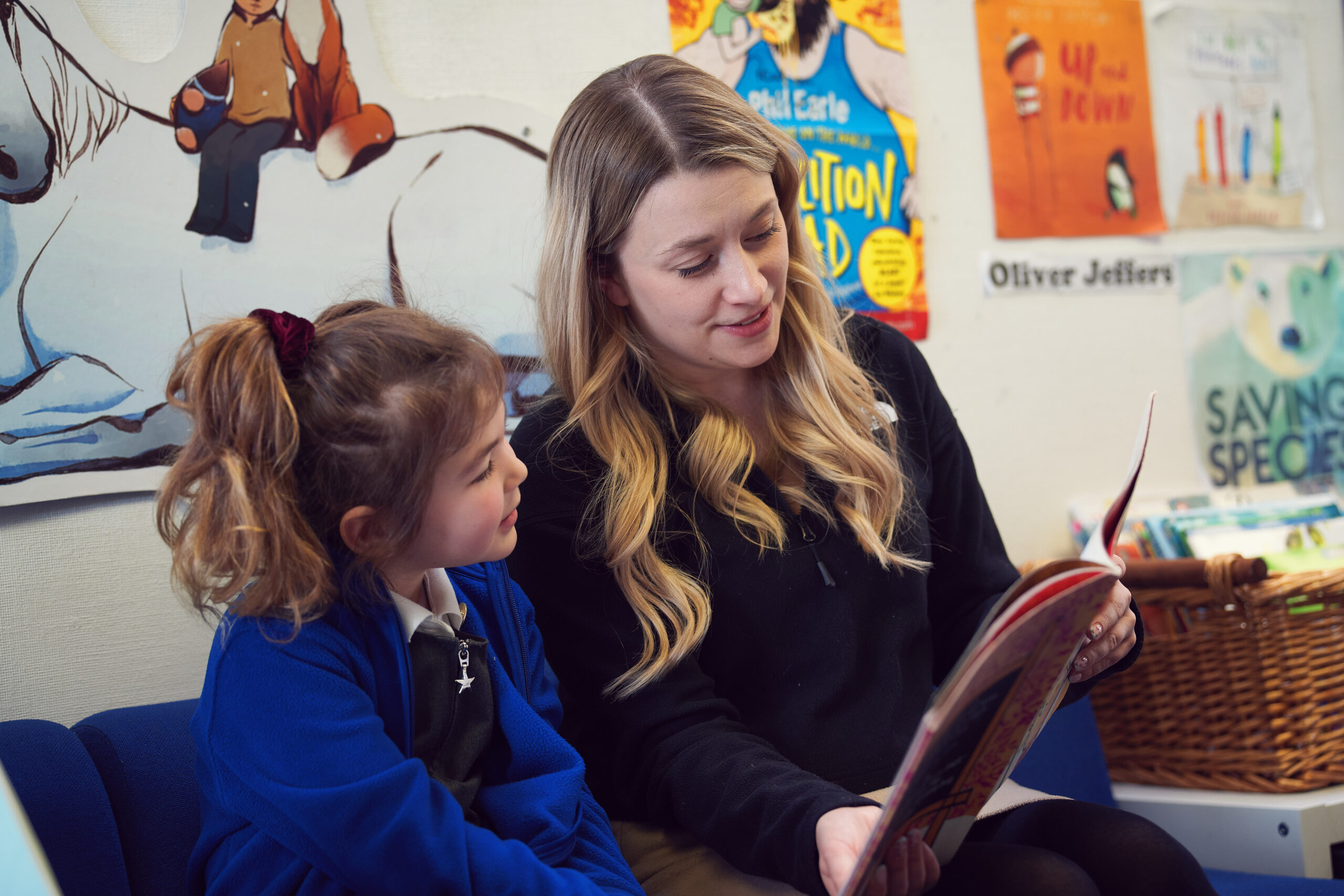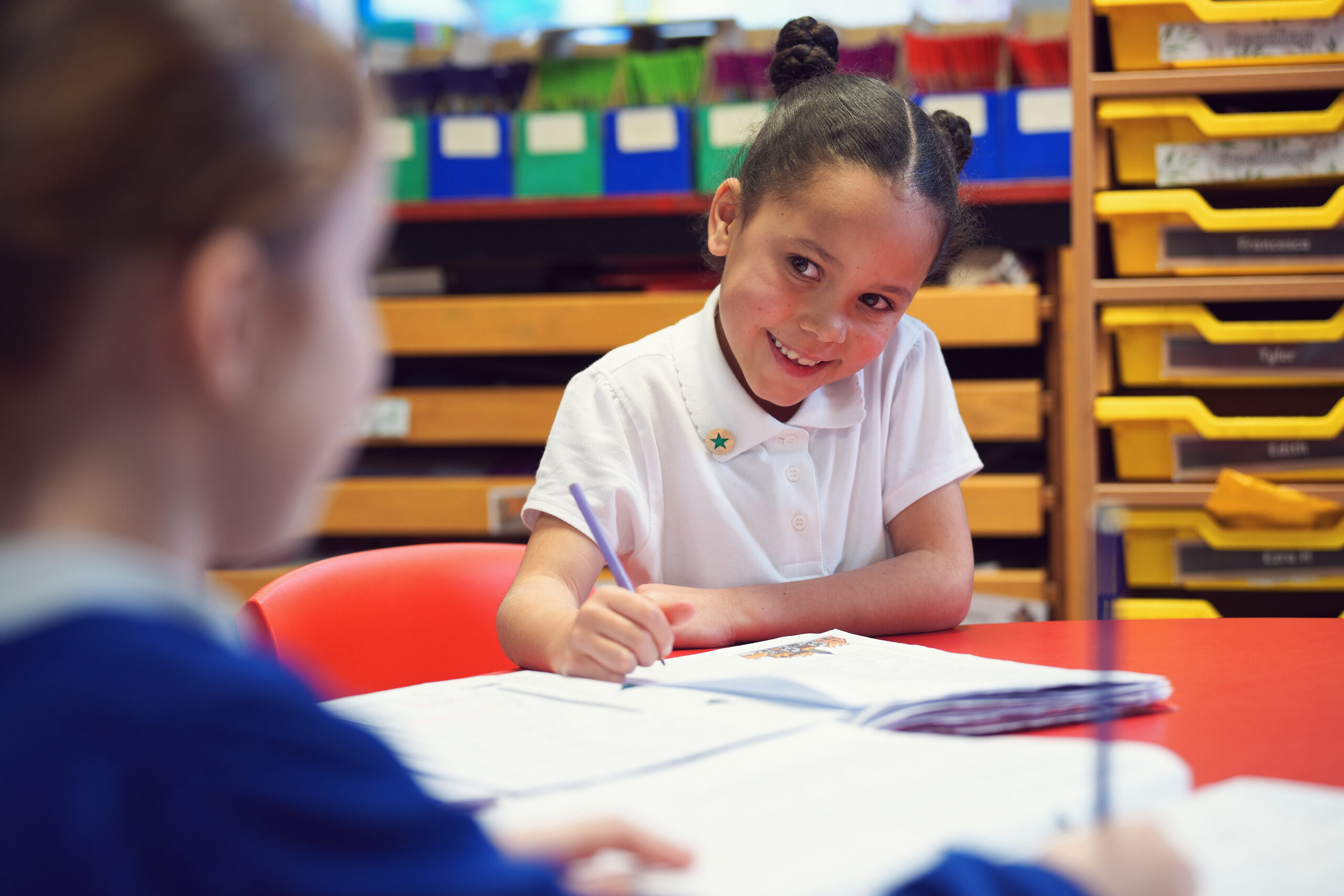Curriculum
Our curriculum takes a broad and balanced approach, whilst being personalised to incorporate our key drivers.
Our approach
At Holme Hall Primary School, we offer a warm and welcoming environment where children learn through a curriculum, rich in knowledge and designed to develop the whole child.
We have developed a curriculum, built upon our core, underpinning values. It is a curriculum which is evidence-led with knowledge at its heart, but which retains some of the more practical elements of a creative curriculum; many of our children benefit from a more practical approach to their learning, where first-hand experience provides context for learning.
Subject content is carefully planned and delivered in a way that ensures progression across the school and allows children to revisit and build on key concepts, knowledge and understanding. Learning is evidenced in high quality outcomes and the application of skills across the curriculum.
As well as discrete subject areas being taught, through high quality schemes, meaningful cross-curricular links are made and the National Curriculum 2014 Programmes of study for KS1, KS2 and EYFS objectives are allocated to the topics. This ensures breadth, balance and depth of knowledge in core and foundation subjects.
Hooks for learning and experiential learning opportunities engage the children from the beginning, and help to address social disadvantage, while working towards authentic outcomes for each topic provides real purpose which motivates children to produce high quality work.
Curriculum Design
We designed our curriculum, in collaboration with all stakeholders, providing everyone with the chance to voice their opinions and give feedback on our work.
As we are a small school with some mixed age classes, our curriculum has been organised over a two-year rolling programme. Taking a broadly thematic approach, the curriculum has been organised under topic headings, each topic having a primary subject focus.
At Holme Hall Primary School, we actively promote the spiritual, moral, social and cultural development of our pupils. We uphold and teach children about the fundamental ‘British Values’ which are defined as: democracy; rule of law; individual liberty, mutual respect and tolerance for those of different faiths and beliefs. These values are taught explicitly through Jigsaw PSHE and Religious Education, assemblies and special presentations while our curriculum planning and delivery includes real opportunities for children to explore these values

Our curriculum drivers
In order to develop a curriculum and create a culture within which our children can thrive, we looked at contextual need: the needs of our children here in Holme Hall at this time.
This led us to establish three curriculum drivers, designed to overcome potential barriers to learning and develop in children the character traits necessary to become confident and compassionate young people, who are effective contributors to society, successful learners and responsible citizens. Our work to develop these drivers was in response to research conducted by the University of Birmingham into Character Education.
Professor James Arthur, Director of the Jubilee Centre for Character and Virtues states: ‘Now, more than ever, it is character – who a person is and how they understand their duty to their neighbour and community – that should be the determining factor in evaluating student success’.
We firmly believe this and so everything we do at school, from planning units of work to developing lunch and playtime systems, is driven by our three ACE drivers, drivers designed to develop the civic, moral and intellectual virtues that will enable the children to flourish in the wider world:s:
Ambition
In order for our children to succeed, we use our curriculum to broaden children’s horizons by exposing them to career opportunities and teaching them about the world beyond Chesterfield. We want them to know that anything is possible if they work hard and believe in themselves.
Incorporating the study of aspirational people and experts, we provide an ambitious curriculum rich in cultural capital, which will give our children the aspiration, experience, self-belief and skills to reach their potential and see the world as accessible to them.
Through our topics and specific knowledge, we aim to limit the barriers to each child’s success and instil in them resilience and tenacity, creating ambitious and confident learners with the desire and skills to achieve their goals.
Community
Working collaboratively is central to our ethos and supporting organisations through charitable acts and fund-raising has become integral to the work we do. By reaching out and offering what we can, we are able to forge links and build relationships with partners and instil in our children the importance of community spirit and neighbourly love.
Through our curriculum, we aim to foster in our children a love of where they live, an understanding of environmental issues and an appreciation of nature. We want the children to care about their locality and to take ownership and responsibility for it, as well as for the wider environment.
We encourage community engagement and environmental awareness in a number of ways: through the topics we teach, school involvement in local projects and through partnership working in the wider community.
Equality, diversity and inclusion
Inclusivity is central to our ethos, and it is vitally important that we offer a curriculum which offers opportunities for all of our children to recognise, understand, celebrate and embrace diversity.
Our children need the curriculum to be the window into the lived experiences of others as well as a reflection of their own lives. The resources we use and the content we teach is inclusive and representative of marginalised groups and our curriculum helps children to understand the diversity of wider society, and that representation matters.
Compassion is taught through our curriculum and through learning about the challenges faced by some people in the world, our children are encouraged to develop a sense of empathy through an understanding of injustice and disadvantage.
Phonics & Reading Schemes in Operation: Little Wandle
